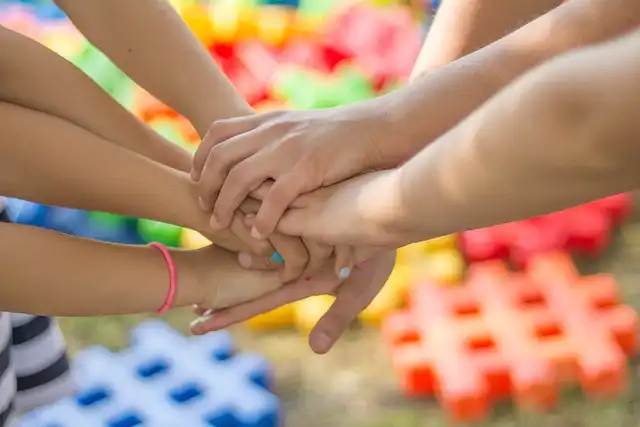
First Nations Women & Family Law: Safety and Access
Research shows First Nations women face barriers in family law, especially with family violence. Systemic issues and fear of child removal hinder access. Need support and fair treatment.

Research shows First Nations women face barriers in family law, especially with family violence. Systemic issues and fear of child removal hinder access. Need support and fair treatment.

Ekaterina Vylomova and Terry Regier do not work for, consult, own shares in or receive funding from any company or organization that would benefit from this article, and have disclosed no relevant affiliations beyond their academic appointment.
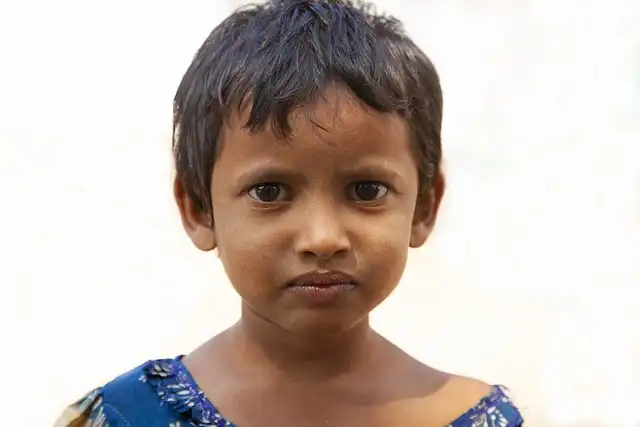
This side event will bring together Indigenous leaders, human rights experts, and civil society representatives to analyze the implementation of UNDRIP in different contexts and discuss effective strategies to ensure free, prior, and informed consent (FPIC).
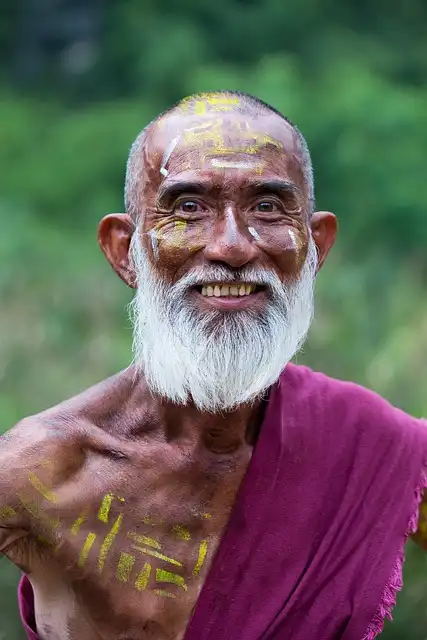
In the lush, forested region of southern Cameroon, the Indigenous Bagyeli and Bakola communities, with a combined population of around 2,500, face growing threats to their ancestral lands and traditional way of life.
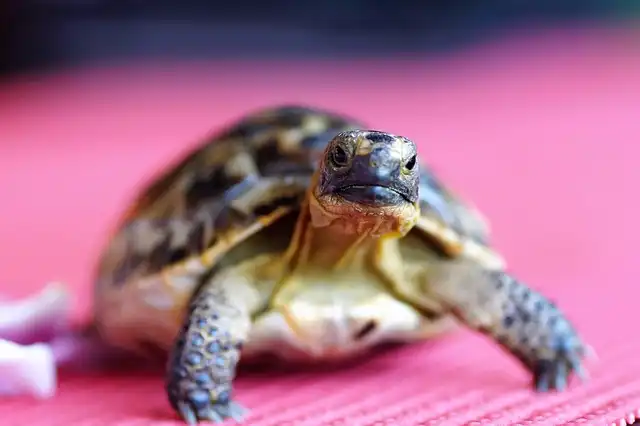
The property, a five-story masterpiece with a finished cellar, boasts a recent Landmarks-approved renovation and modern luxuries like a smart home system and elevator access, all while preserving its turn-of-the-century charm.
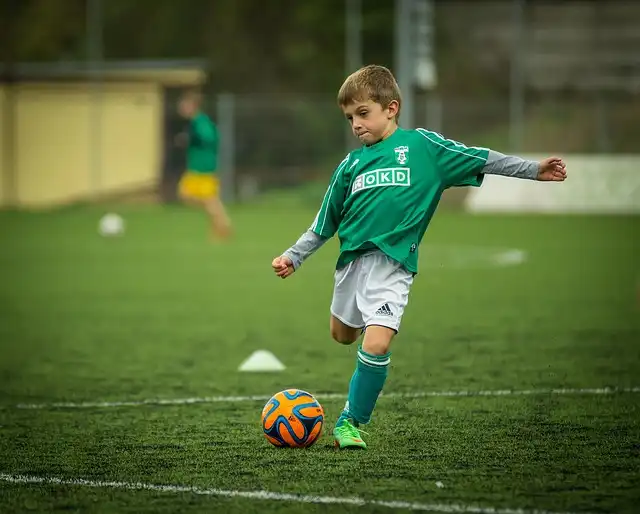
Care must be taken to ensure that the seku is adapted to the height and strength of the player; it is recommended that it be as tall as his waist and that he can carry it for a long time while running.
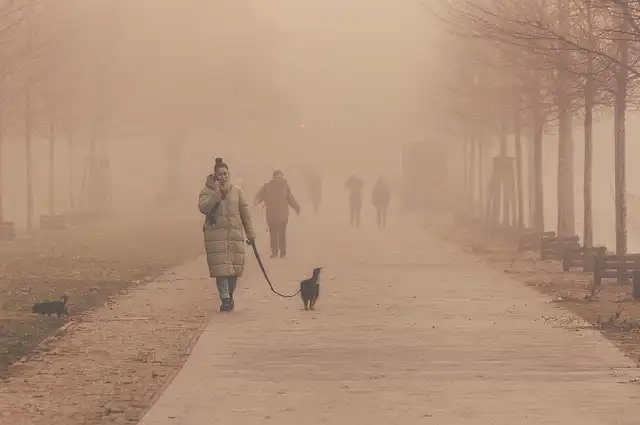
While community supervision was originally designed to help those convicted of crimes reintegrate into society – through mentorship, supportive services and other resources – today, in my view, it largely functions as a punitive surveillance system.
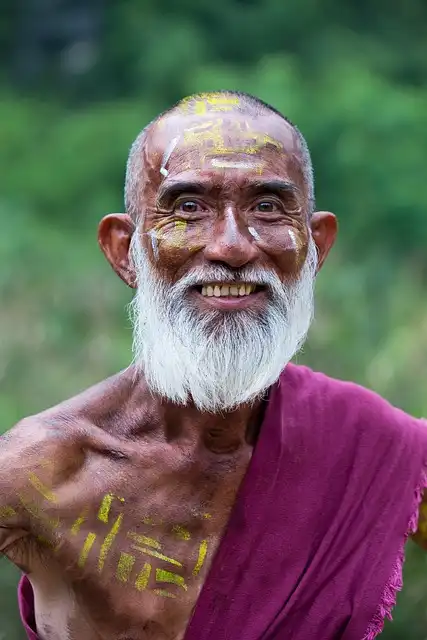
We at Cultural Survival hereby express our deep indignation and solidarity in light of the grave human rights violations committed against the Pataxó People, especially in the Indigenous territories of Barra Velha and Comexatiba, in the southern region of Bahia, Brazil.
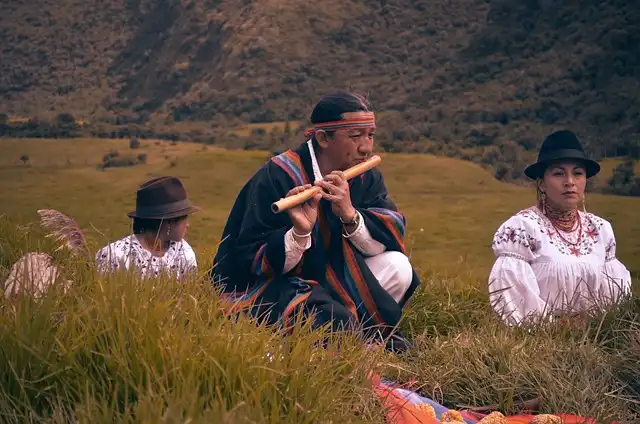
The project team plans to build on its success by training aspiring Indigenous broadcasters, conducting follow-up research on the long-term impacts of mining, and expanding its online presence to reach a wider audience.
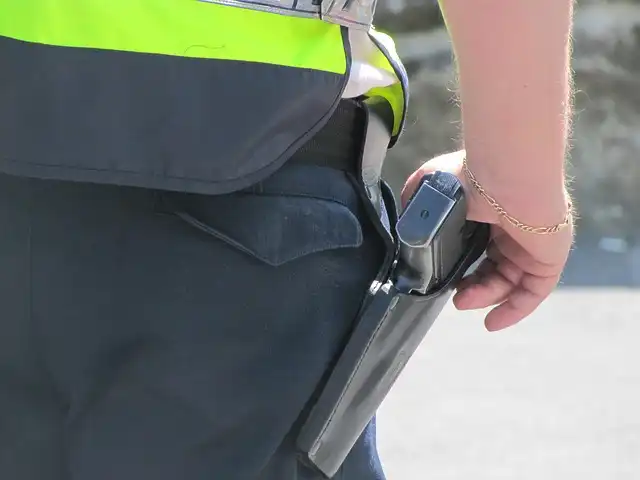
Emma Ryan does not work for, consult, own shares in or receive funding from any company or organization that would benefit from this article, and has disclosed no relevant affiliations beyond their academic appointment.

The community was built with fire-resistant materials and is “designed to IBHS’s highest level of protection against direct flame contact, radiant heat and embers, which helps to meaningfully reduce the likelihood of wildfire spread,” the company said.
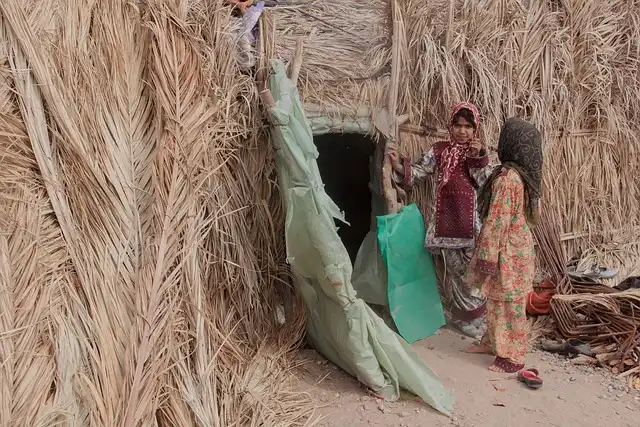
An example is the Commission for Historical Clarification, La Comisión para el Esclarecimiento Histórico, which was created in 1994 to clarify the past with “objectivity, justice and impartiality” in response to the thousands of atrocities and human rights violations committed during Guatemala's Сivil War (1960-1996).